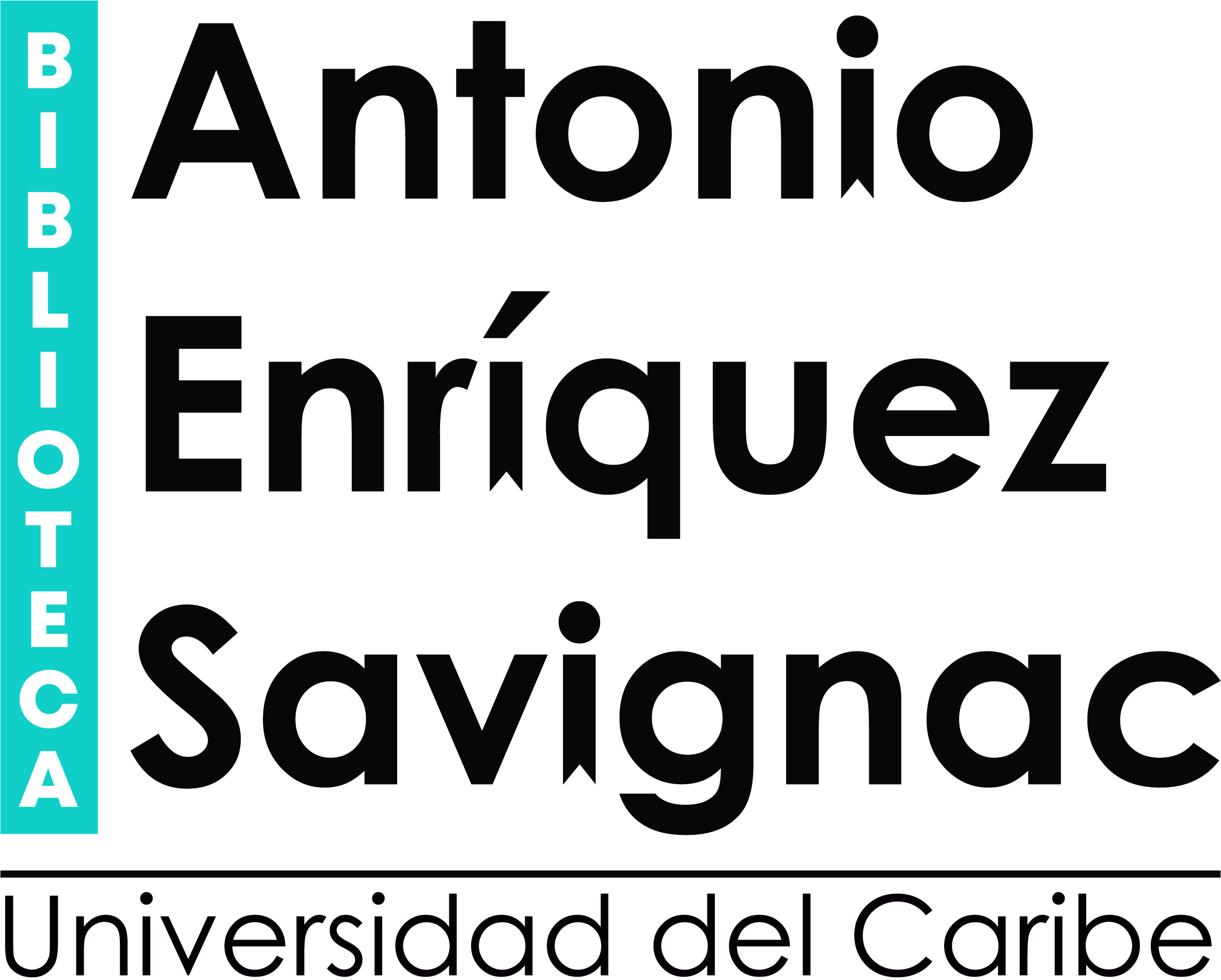Organization theory : modern, symbolic, and postmodern perspectives / Mary Jo Hatch with Ann L. Cunliffe
Tipo de material: TextoDetalles de publicación: Oxford ; New York : Oxford University Press, c2006Edición: 2a edDescripción: xxiii, 370 p. : il. ; 25 cmISBN:
TextoDetalles de publicación: Oxford ; New York : Oxford University Press, c2006Edición: 2a edDescripción: xxiii, 370 p. : il. ; 25 cmISBN: - 0199260214 (pbk. : alk. paper)
- 9780199260218 (pbk. : alk. paper)
- HD 58 .7 H38 2006
| Tipo de ítem | Biblioteca actual | Biblioteca de origen | Colección | Signatura topográfica | Copia número | Estado | Notas | Fecha de vencimiento | Código de barras | Reserva de ítems | |
|---|---|---|---|---|---|---|---|---|---|---|---|
 Libros para consulta en sala
Libros para consulta en sala
|
Biblioteca Antonio Enriquez Savignac | Biblioteca Antonio Enriquez Savignac | COLECCIÓN RESERVA | HD 58 .7 H38 2006 (Navegar estantería(Abre debajo)) | 1 | No para préstamo | Innovacion Empresarial | 029631 |
Incluye referencias bibliográficas e índice
What is Organization Theory? -- Why Study Organization Theory? -- A Brief History of Organization Theory -- Core concepts and theories -- Organization and Environment -- Organizational Social Structure -- Technology -- Organizational Culture -- The Physical Structure of Organizations -- Organizational Power, Control and Conflict -- Practical issues and new directions in organization theory -- Theory in Practice -- New Directions in Organization Theory
"Organization Theory offers a clear and comprehensive introduction to the study of organizations and organizing processes. It encourages an even-handed appreciation of the different perspectives contributing to our knowledge of organizations and challenges readers to broaden their intellectual reach. Organization Theory is in three parts: * Part I introduces the multi-perspective approach. * Part II presents many ways in which organizations can be analyzed - as entities within an environment, as social structures, technologies, cultures and physical structures, and as the products of power and political processes. * Part III explores applications of organization theory to the practical matters of organizational design and change, and introduces the latest perspectives on the horizons of organization theory, including complex adaptive systems, organizational identity theory, critical realism, network theory, aesthetics, and organizational learning. Online Resource CentreFor lecturers: PowerPoint slides, exam questions, teachig suggestions, a discussion forum, case studies and exercises with instructor's notes. For Students: annotated web links, and discussion questions."--P. Word Cat
Fondos Universidad Compra 20120504 945.00

